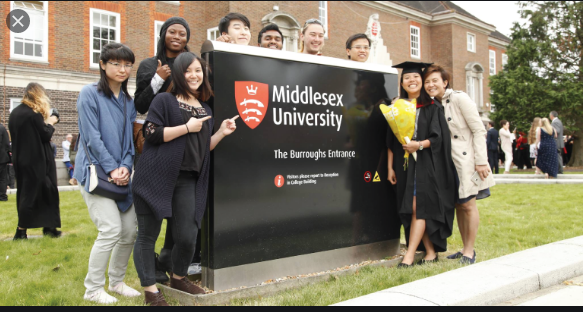Biodiversity, Evolution and Conservation in Action MSc/PGDip
Overview
The crisis in biodiversity is a crucial challenge for current and future generations. Everyday, species diversity is rapidly declining. Despite the effort of evolutionary biologists to describe biodiversity patterns and processes, they are often missing from the dialogue about conservation of the biodiversity. This course is designed for those looking for an interdisciplinary programme at the interface of social and ecological systems.
Why study MSc/PGDip Biodiversity, Evolution and Conservation in Action at Middlesex University?
This course combines expert teaching with unique experiences of work in real environmental and conservation settings to develop your ability to evaluate the biological and social processes that underpin interactions between biodiversity loss and human society. You will learn to gather and analyze quantitative and qualitative genomic ecological and social data; skills that are at the forefront of current research in conservation science and evolutionary biology.
You will gain invaluable practical experience through our field trips, in Mauritius for example, to work on a real research project, with an additional week in Jersey to learn about captive animal management and the role of zoos in conservation.
The program is suitable for:
- students who have a strong interest in evolutionary processes on biodiversity and conservation
- graduates of biology and related degrees
- professionals working within NGOs or research institutes who wish to further develop their skills
Course highlights
- Field trip in a tropical environment (e.g. Mauritius) to undertake tropical biodiversity and a one-week field trip to Jersey focusing on captive animal management and role of zoos in conservation
- The program is wholly grounded in practice and students develop field skills in ecology, laboratory skills in genomics, computing skills in statistics and GIS analysis, as well as proficiency in complex data analysis and mapping
- Integrated approach to teaching the themes of conservation, evolution, and biodiversity within and across all of the topics you will undertake
- Specialist input from partner organisations including the Durrell Conservation Trust, Ebony Forest and Mauritian Wildlife Foundation
Intakes
- Jan
Application Processing Time in Days: 30
Application Process
Minimum English Language Requirements
| English Level Description | IELTS (1.0 -9.0) | TOEFL IBT (0-120) | TOEFL CBT (0-300) | PTE (10-90) | |
|---|---|---|---|---|---|
| Expert | 9 | 120 | 297-300 | 86-90 | |
| Very Good | 8.5 | 115-119 | 280-293 | 83-86 | |
| Very Good | 8 | 110-114 | 270-280 | 79-83 | |
| Good | 7.5 | 102-109 | 253-267 | 73-79 | |
| Good | 7 | 94-101 | 240-253 | 65-73 | |
| Competent | 6.5 | 79-93 | 213-233 | 58-65 | |
| Competent | 6 | 60-78 | 170-210 | 50-58 | |
| Modest | 5.5 | 46-59 | 133-210 | 43-50 | |
| Modest | 5 | 35-45 | 107-133 | 36-43 | |
| Limited | 4 | 32-34 | 97-103 | 30-36 | |
| Extremely Limited | < 4 | < 31 | < 93 | < 30 |
Job Opportunity Potential
Graduates could pursue employment with NGO's specialising in biodiversity and conservation. You will gain expertise in bioinformatics and genomics and could find employment in biotechnology companies. You will also have the skills to undertake a PhD, or be employed in a range of establishments such as national parks, environmental agencies, molecular biology laboratories.
PSW Opportunity
- 2 Year post-study work Visa.
Admission Requirement / Eligibility Criteria
We accept the equivalent of the below qualifications from a recognised overseas qualification:
- We welcome applications from graduates with a 2:2 honours degree or above in an appropriate subject.
For More Information Please Contact to Our Counselor.
- Course Code: PGC180
- Course Type: Full Time
- Course Level: Masters/PG Degree
- Duration: 01 Year
-
Total Tuition Fee:
16200 GBP
Annual Cost of Living: 12006 GBP
Application Fee: N/A
Similar Programs
- Psychological Therapies and Interventions MSc / PGDip at Middlesex University London
- Cardiology MSc at Middlesex University London
- Data Science MSc at Middlesex University London
- Security MSc by Research at Middlesex University London
- Security MSc by Research at Middlesex University London
- Oncology MSc by Research at Middlesex University London

